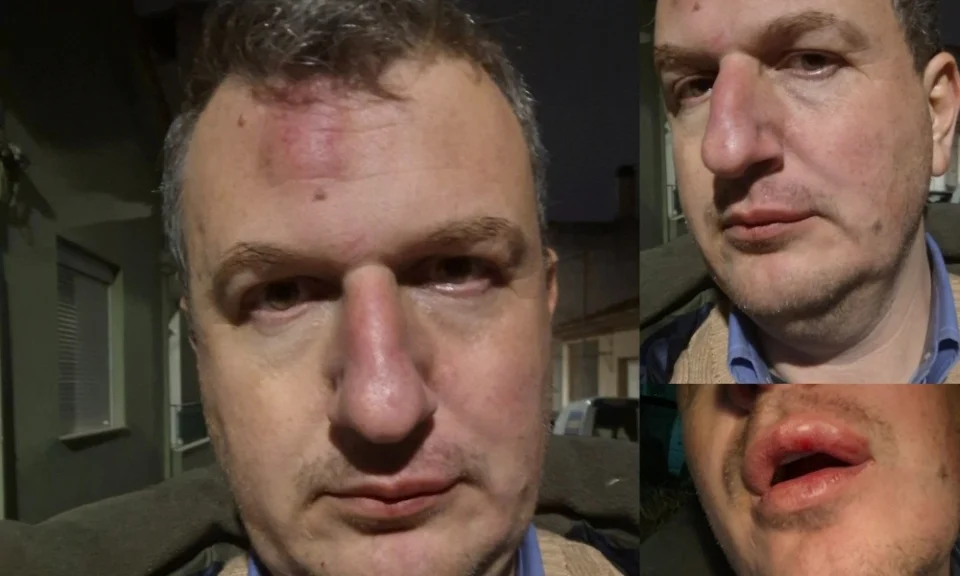
IPI Demands Probe into Serbia’s Spyware Crackdown
December 18, 2024
Detained and Undecided: The Lingering Case of Stanford Reporter Dilan Gohill
December 18, 2024December 18, 2024 – Serbia –
Recent investigations by Article 19 and Amnesty International have revealed a disturbing escalation in Serbia’s surveillance of journalists, sources, and activists. According to their reports, the Serbian Intelligence Agency (BIA) and police have used advanced spyware and forensic tools to hack into the mobile devices of media professionals. Investigations uncovered forensic traces of Cellebrite’s Universal Forensic Extraction Device (UFED), enabling authorities to unlock and extract data from smartphones. The spyware infection, often during routine detentions or interviews, utilized both foreign and domestically developed tools such as “NoviSpy,” allowing remote access to contacts, screenshots, microphone, and camera feeds. This clandestine surveillance remains shrouded in secrecy, lacking any legal framework or transparency, and constitutes a severe breach of privacy and press freedom.
These revelations come at a time of mounting pressure on independent journalism in Serbia. Amnesty International’s December 2024 report “A Digital Prison: Surveillance and the Suppression of Civil Society in Serbia” details how spyware was installed covertly during police interviews. One such case involved investigative reporter Slaviša Milanov, whose phone was altered after a routine stop and later found to contain traces of exotic spyware. Similar intrusions were documented across multiple activist devices, indicating a coordinated campaign aimed at silencing dissent and controlling narratives.
The abuse of spyware technology has prompted international alarm. The Media Freedom Rapid Response coalition backed Article 19’s call for immediate investigation and accountability. Amnesty’s findings were echoed by global media freedom advocates who condemned the surveillance as a tool of authoritarian control. A coordinated response also pressured tech providers: Cellebrite announced it would suspend servicing Serbian law enforcement if violations of use policies were proven, and Google removed NoviSpy from Android devices after collaborating with Amnesty.
In Serbia’s broader media landscape, where political influence and smear campaigns already threaten independent voices, this digital assault deepens fear and self-censorship. Many journalists now face not only physical threats but also invisible digital intrusions into their professional and private networks. The reports underscore that addressing such systemic surveillance is vital for genuine democratic reform and Serbia’s ambitions to join the European Union. International stakeholders and civil society organizations are demanding a transparent, independent inquiry, legal safeguards, and the dismantling of spyware operations before Serbia can claim to respect democratic norms.
Reference –
Serbia: Investigate surveillance of journalists and sources now




